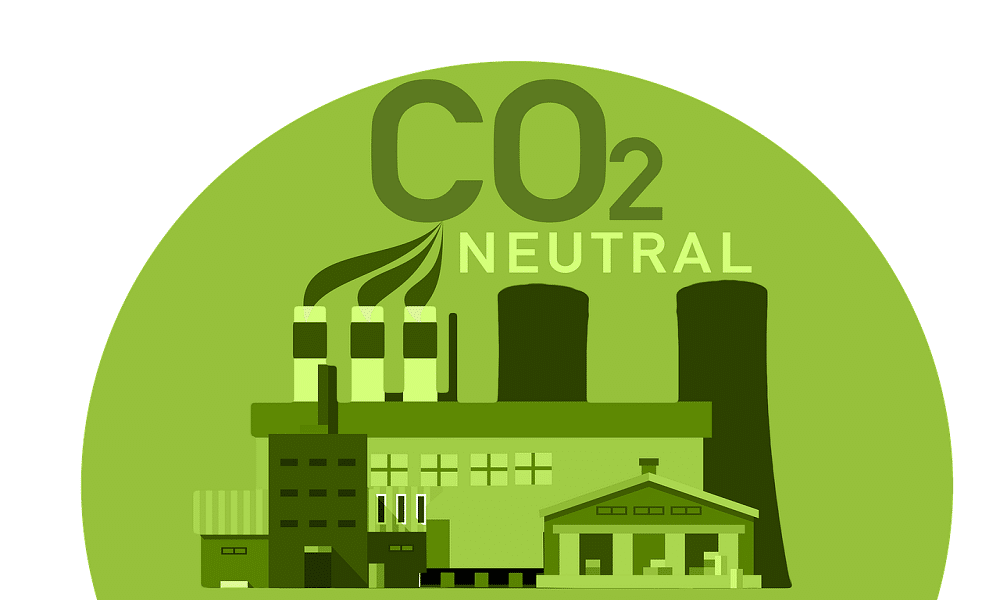Many businesses today showcase their efforts to reduce internal carbon emissions. They’re improving energy efficiency, shifting to renewable power, and replacing fleet vehicles with electric alternatives. These are important steps, but they’re only part of the story.
The bulk of a company’s environmental footprint often lies outside its walls, such as in the supply chain, in how products are used, and in what happens after disposal. To truly support climate goals, companies must take a wider view and address their full impact, not just what’s easiest to control.
Such a shift is not only a moral step—it’s a must in the business world. Growing awareness among organizations, especially those that employ Scope 3 Consulting or Decarbonization Consulting, is clarifying that value chain emissions aren’t optional matters.
Understanding Scope 1, 2, and 3 Emissions
The Greenhouse Gas Protocol has three categories of scopes of emissions:
- Scope 1: Direct emissions by sources owned or controlled.
- Scope 2: Indirect features of bought energy.
- Scope 3: All other indirect emissions along the value chain—purchase of goods, commuting of employees, waste, and product use.
Although most businesses focus on Scope 1 and 2, Scope 3 emissions often account for more than 84% of a business’s total carbon footprint. Ignoring Scope-3 would only be similar to cleaning your front yard and leaving the rest of the neighborhood polluted.
The Rising Importance of Scope 3 Emissions
Investors, regulators, and consumers have now started questioning companies for their total carbon impact and not just what happens in their offices. Major regulatory frameworks, including the European Union’s CSRD and California Climate Accountability Package, bundle the detailed disclosures of emissions along with Scope 3.
That is why Scope 3 Consulting is significant. Experts assist companies in tracing and measuring the value chain emissions and offer measurable insights that in-house departments could hardly achieve on their own.
Challenges in Measuring and Managing Scope 3 Emissions
Scope 3 emissions are more difficult to monitor than Scope 1 and 2 due to their complexity. Supply chains are often overseas, segmented, and opaque. Data may be poorly defined, poorly measured, or missing altogether from reports. The fourth complicating factor is that the relevance of the 15 categories of Scope 3 emissions differs by industry, so a generic approach is hardly effective.
The solution? Decarbonization Consulting firms excel in delivering sector-wise methodologies, aligning a myriad of reporting frameworks (GHG Protocol, SBTi, etc.), and engineering digital tools and models that simplify emission visibility and carbon traceability in complex chains.
How Scope 3 Consulting Bridges the Gap?
A potent Scope 3 Consulting strategy does not limit itself to data tracking but changes operations. Consultants partner with procurement, logistics, and product development so carbon can be factored into every single decision.
For instance:
- Engaging suppliers for emission disclosures and involvement in reduction activities.
- Designing low-carbon logistics routes.
- Designing products together with their end-of-life strategies that will be sustainable.
By embedding decarbonization thinking in these operational levers, companies can turn their climate ambition into execution.
Decarbonization Consulting: A Strategic Necessity
The path to decarbonization isn’t a straight line, it’s a complex, evolving process that looks different for every organization. Decarbonization consulting goes far beyond checklists and compliance reports. It’s about working closely with you to:
- Explore scenarios and understand carbon-related risks
- Build realistic, data-backed pathways toward your Net Zero goals
- Guide internal change and set up practical governance frameworks
Good consultants don’t just talk about sustainability—they make it part of your broader business strategy. That means helping you maintain trust, meet investor expectations, and prepare for shifting regulations by acting early with smarter, tailored solutions.
Business Benefits of Looking Beyond Internal Emissions
It is beneficial to deal with Scope 3 emissions because:
- Enhancing Brand Reputation: Shows an actual commitment to climate goals.
- Investor Assurance: Funds focusing on ESG are now craving total spectrum carbon transparency.
- Supply Chain Resilience: Usually, low-carbon suppliers are better aligned in efficiency and risk measurements.
- Regulatory Readiness: Future-proofing your operations against a metamorphosed compliance regime.
Scope 3 Consulting and Decarbonization Consulting providers come into play when companies want to lead rather than just be behind and comply.
Scope 3 Impact in Different Sectors: Use Cases
Retail & Apparel: More than 90% of emissions are due to matters related to the sourcing of materials and product use.
Tech Industry: Data centers are very energy-intensive, so the biggest emissions lie in the lifecycle of products and the disposal of those electronics.
Automotive: For EVs, Scope 3 includes battery mining, emissions during production, and recycling when it reaches the end of its life. Decarbonization consulting helps design and source for lifecycle sustainability.
Conclusion
As global carbon targets narrow while stakeholder expectations grow, companies can no longer afford to confine their approach to just internal operations. Scope 3 emissions now stand as the latest frontier in corporate climate action. To ignore them is to invite strategic risk as well as environmental risk.
Future-ready companies are employing Scope 3 Consulting—which guides the decoding of complex emission data, and Decarbonization Consulting—which supports the creation of actionable and scalable strategies. Reason? It’s simple—it’s the bedrock of any credible, science-aligned, and future-proof sustainability roadmap.


